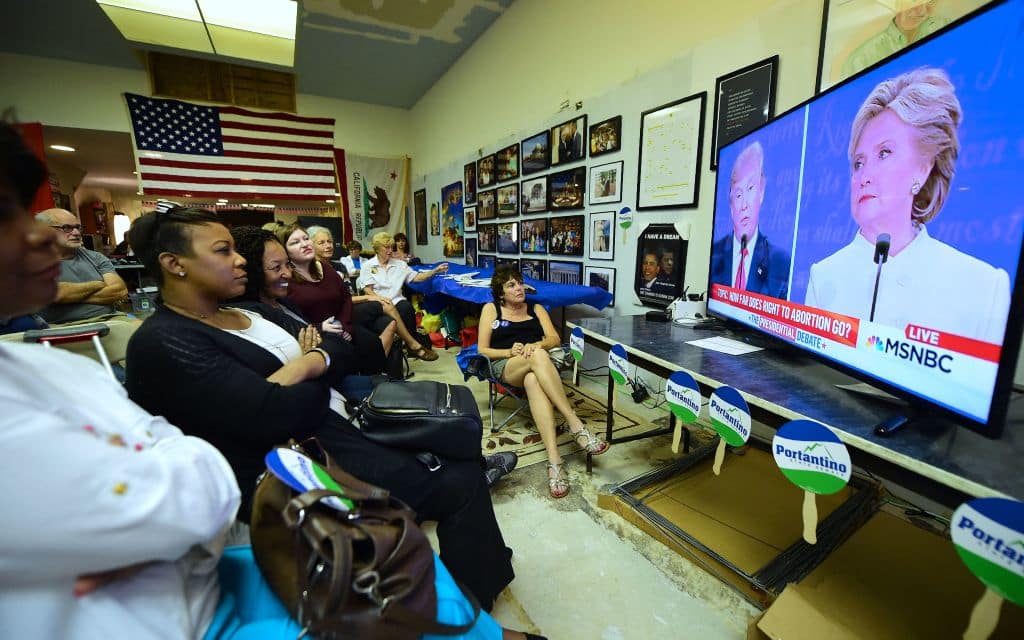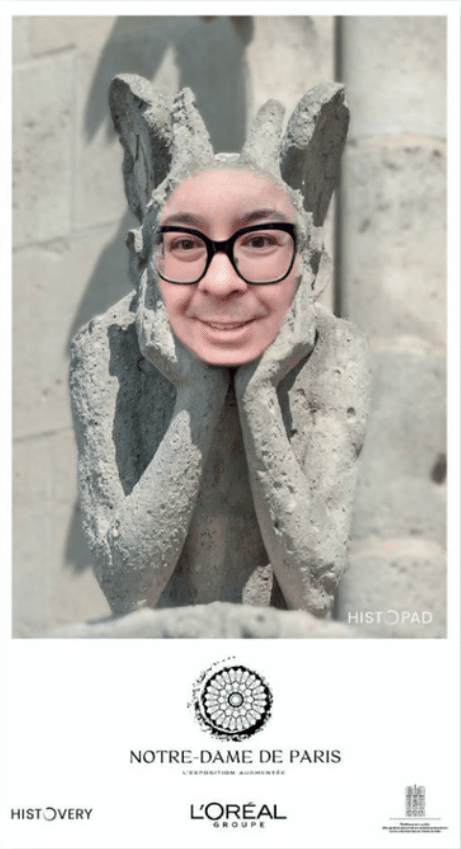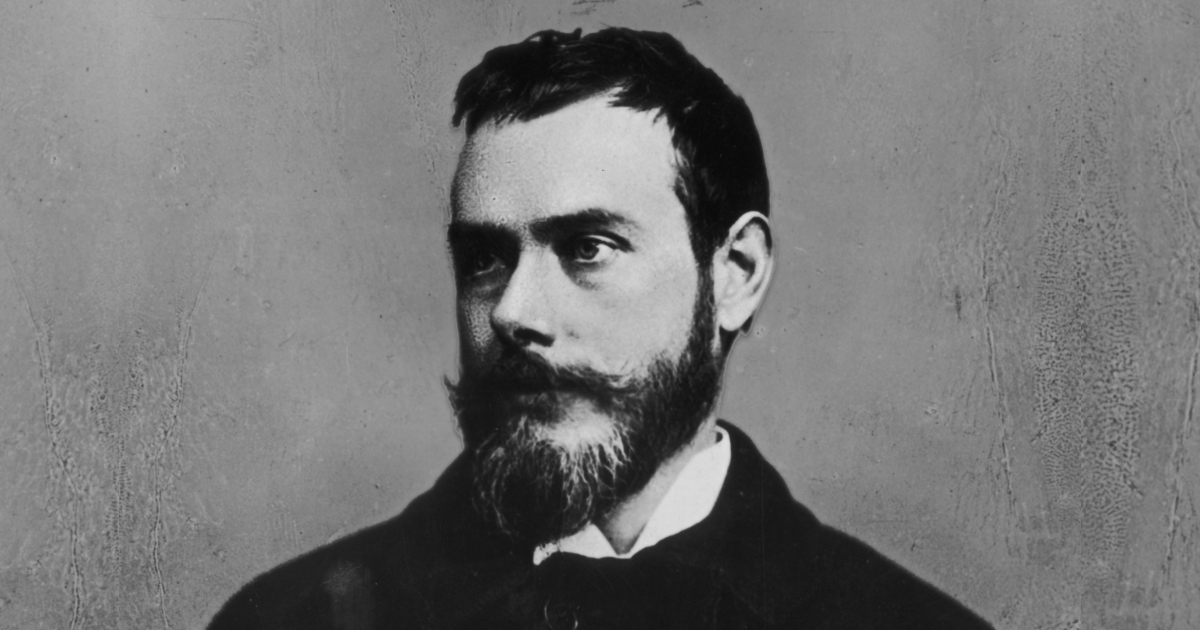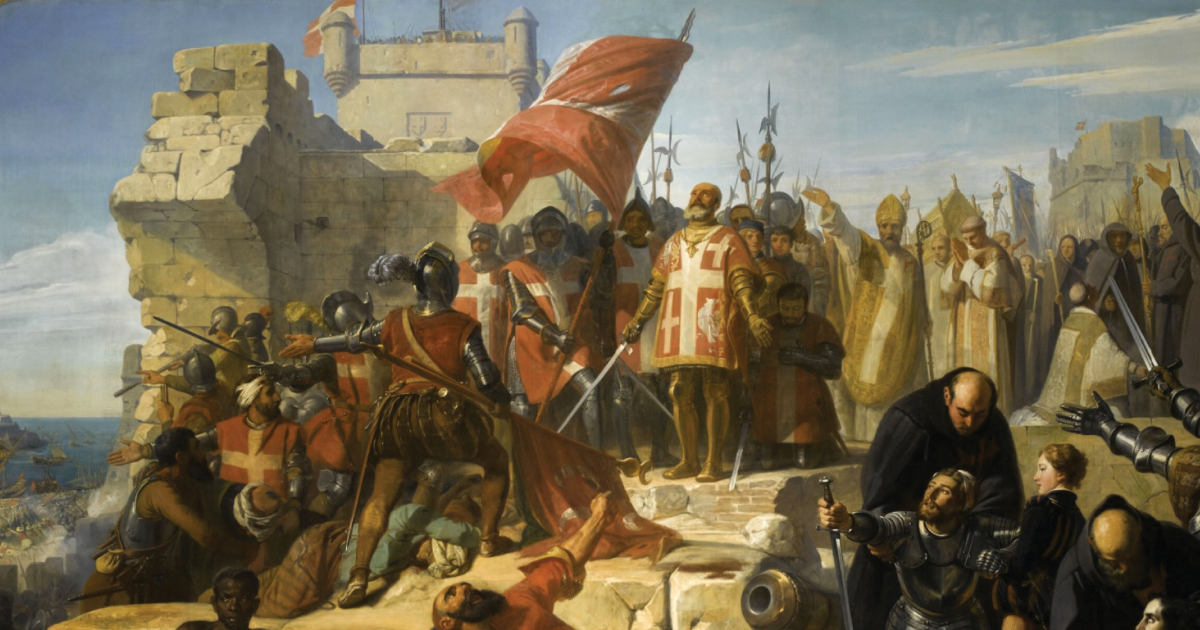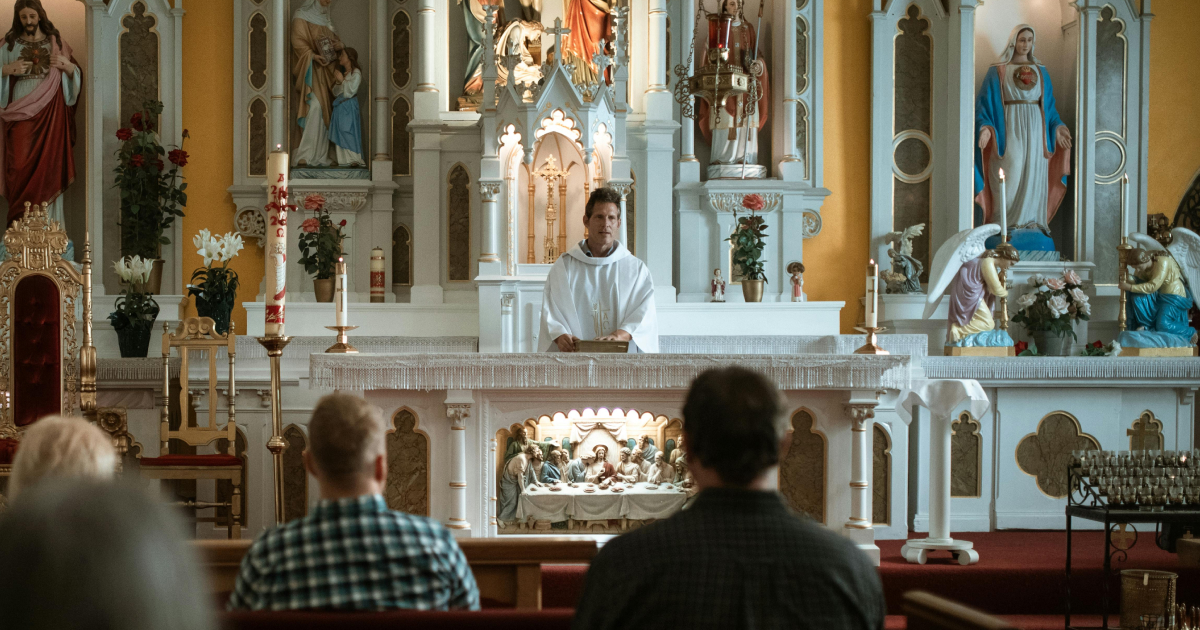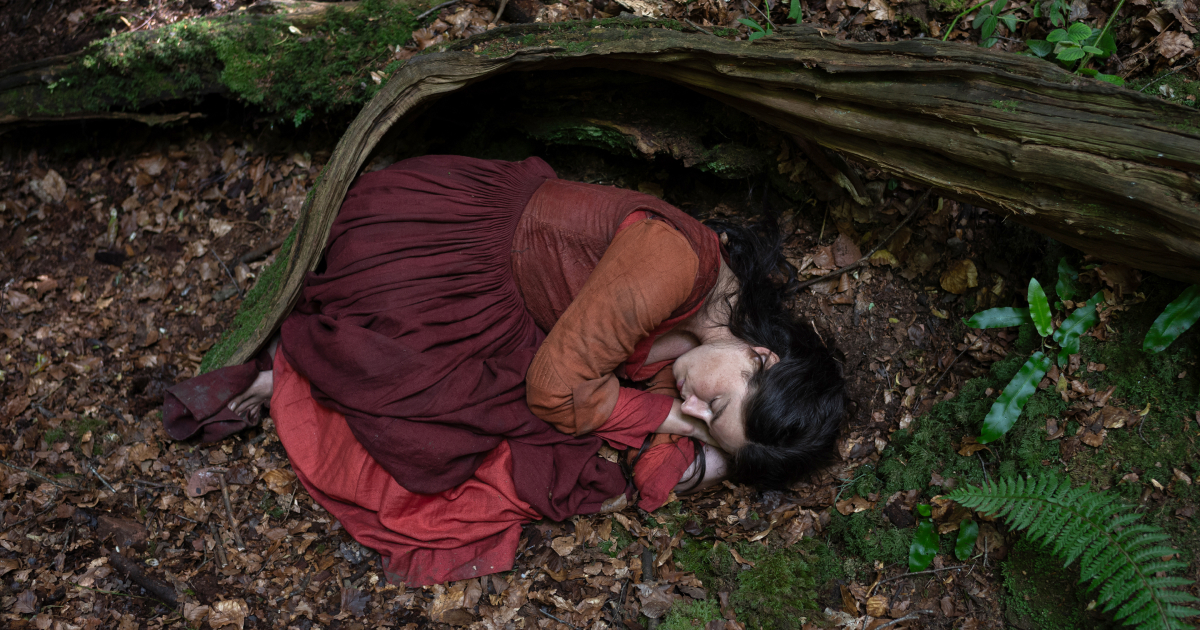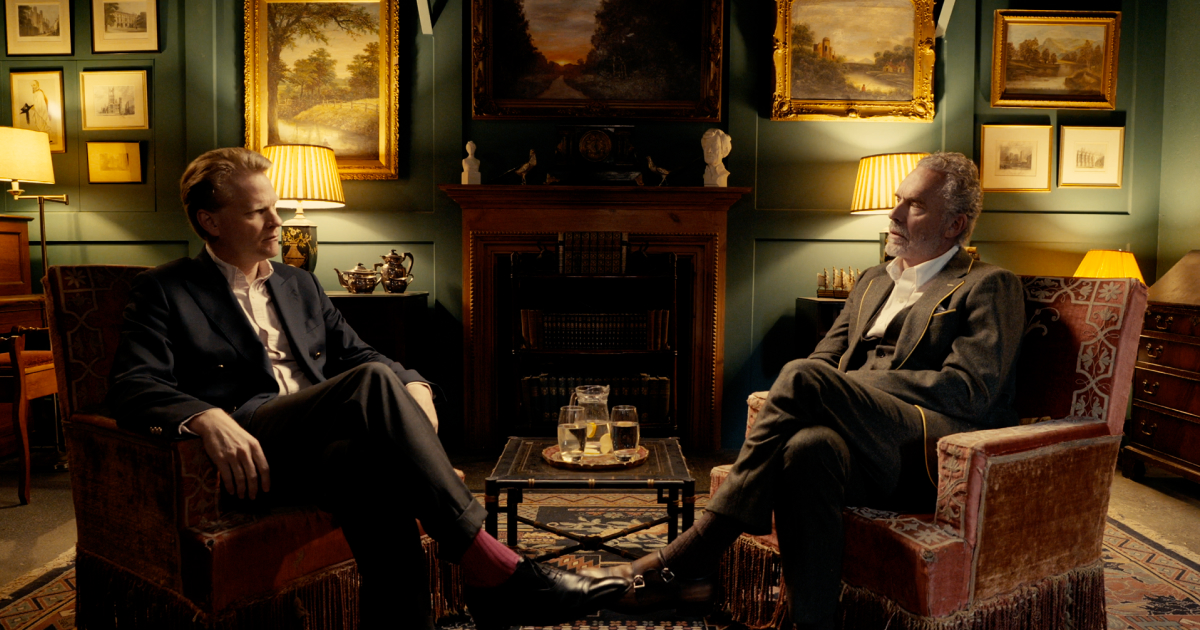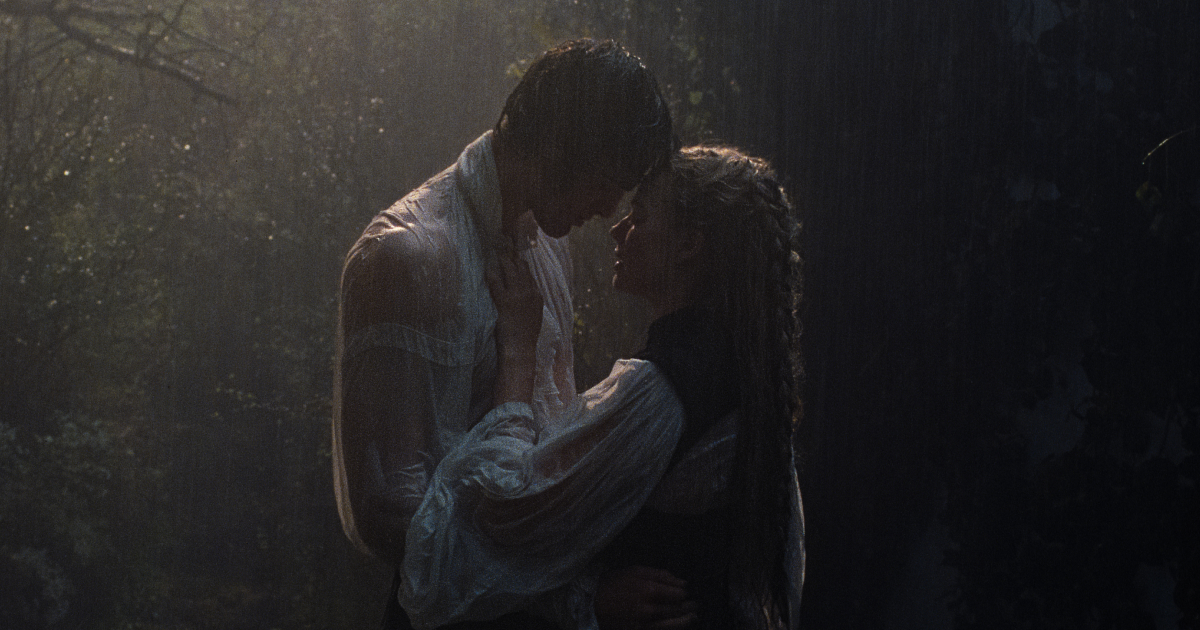The common good
Sir – We live in difficult times, and it is very hard to discern and make wise political decisions. I deeply disagree with Ken Craycraft’s suggestion (March 2024) that Catholics should consider not voting for either candidate in the forthcoming US presidential election. Dr Craycraft is right that it is a good idea to consult the Catechism on the nature of prudence, but surely Catholics are called to discern what is at stake. To abstain from voting is to claim a false neutrality based on a candidate’s negative personality traits.
As the Catechism’s entire section on the Common Good proclaims, we have moral duties and responsibilities as human persons and as citizens. There is so much for the common good that can be done, regardless of the outcome, that that is surely where our focus should be. For example, I am an educator and a member of the “Silent Generation”, working on a classic film project. A deeper understanding of “politics” emerges from the classes I teach on the civic lessons that may be found in classic cinema. It seems to me that works like Twelve Angry Men and Mr Smith Goes to Washington can help today’s young people get out of the political cloud of polarisation and group-identity politics.
They, and all of us, can rediscover the need for moral order in civil society and the fundamental call to work for the common good: what it means to be a human person and how to live out those civic lessons, regardless of electoral outcomes.
Onalee McGraw
Front Royal, VA
Ireland says “No”
Sir – I have enjoyed reading Dubhaltach Ó Reachtnín’s astute and well-informed articles on the two referenda held in Ireland on March 8. These referenda were a serious cause for concern. Both of the proposed amendments sought to diminish the importance of marriage and motherhood in Ireland, while “Yes” supporters declared that it would mark yet another milestone in dismantling Ireland’s past. Recent decades in Ireland have been dominated by liberal conformity; the Irish electorate’s decision to vote “No” is therefore a powerful message on the importance of preserving foundational values in the face of sweeping societal change.
Perhaps the most heartening aspect of the campaign was the grassroots movement that backed a “No” vote on both ballots. Groups such as Lawyers for No, Family Solidarity, the Iona Institute and the Christian Solidarity Party were fuelled by the dedication of ordinary citizens who successfully confronted the pressure of the liberal agenda, showing a deep rooted commitment to the sanctity of marriage and family life.
This victory is not just a rejection of a specific referendum proposal. It is a declaration by the people of Ireland that the core unit of society – the family based on marriage – must remain protected and cherished. Following their emphatic rejection of both amendments, the Irish electorate must now show ongoing vigilance to avoid being asked to vote for a second time.
Ben Hazard
Holycross, Ireland
All together
Sir – The cover of the March edition was inspired. The diverse group of different races and ages following Pope Francis through the Lenten desert towards the Cross spoke of the nature of the Church as the whole people of God. It does us good to be reminded from time to time that while divisions and differences exist (especially surrounding the ongoing synodal experiments) there are still things that unite us. Chief among them is surely the Resurrection of the Lord, which Christian Adams so powerfully anticipated. Thank you for that.
Mary McKinley
Wellington, N Z
Grotesque
Sir – Serenhedd James’s review of the Notre Dame exhibition at Westminster Abbey (March 2024) was most welcome, but he left us dangling as to whether he chose to be depicted as “a medieval peasant, or a brave firefighter, or the Stryge, or Quasimodo himself”. I think we ought to be told.
Luke Sheridan
London, UK
● No comment. SJ
Letters and emails should be sent to the relevant address below and include the sender’s name, postal address and email contact. Please limit correspondence to 250 words.
8 Cromwell Place, London, SW72JN
letters@catholicherald.co.uk
Photo: People watch the third and final presidential debate between Republican nominee Donald Trump and Democratic nominee Hillary Clinton, Pasadena, California, 19 October 2016. (Photo by FREDERIC J. BROWN/AFP via Getty Images.)
This Letters page originally appeared in the April 2024 edition of the Catholic Herald magazine. Subscribe here.
<strong><em>The common good </em></strong><br><br>Sir – We live in difficult times, and it is very hard to discern and make wise political decisions. I deeply disagree with Ken Craycraft’s suggestion (March 2024) that Catholics should consider not voting for either candidate in the forthcoming US presidential election. Dr Craycraft is right that it is a good idea to consult the Catechism on the nature of prudence, but surely Catholics are called to discern what is at stake. To abstain from voting is to claim a false neutrality based on a candidate’s negative personality traits.
As the Catechism’s entire section on the Common Good proclaims, we have moral duties and responsibilities as human persons and as citizens. There is so much for the common good that can be done, regardless of the outcome, that that is surely where our focus should be. For example, I am an educator and a member of the “Silent Generation”, working on a classic film project. A deeper understanding of “politics” emerges from the classes I teach on the civic lessons that may be found in classic cinema. It seems to me that works like <em>Twelve Angry Men</em> and <em>Mr Smith Goes to Washington</em> can help today’s young people get out of the political cloud of polarisation and group-identity politics.
They, and all of us, can rediscover the need for moral order in civil society and the fundamental call to work for the common good: what it means to be a human person and how to live out those civic lessons, regardless of electoral outcomes. <br><br>Onalee McGraw <br>Front Royal, VA
<em><strong>Ireland says “No”</strong> </em><br><br>Sir – I have enjoyed reading Dubhaltach Ó Reachtnín’s astute and well-informed articles on the two referenda held in Ireland on March 8. These referenda were a serious cause for concern. Both of the proposed amendments sought to diminish the importance of marriage and motherhood in Ireland, while “Yes” supporters declared that it would mark yet another milestone in dismantling Ireland’s past. Recent decades in Ireland have been dominated by liberal conformity; the Irish electorate’s decision to vote “No” is therefore a powerful message on the importance of preserving foundational values in the face of sweeping societal change.
Perhaps the most heartening aspect of the campaign was the grassroots movement that backed a “No” vote on both ballots. Groups such as Lawyers for No, Family Solidarity, the Iona Institute and the Christian Solidarity Party were fuelled by the dedication of ordinary citizens who successfully confronted the pressure of the liberal agenda, showing a deep rooted commitment to the sanctity of marriage and family life.
This victory is not just a rejection of a specific referendum proposal. It is a declaration by the people of Ireland that the core unit of society – the family based on marriage – must remain protected and cherished. Following their emphatic rejection of both amendments, the Irish electorate must now show ongoing vigilance to avoid being asked to vote for a second time. <br><br>Ben Hazard <br>Holycross, Ireland
<strong><em>All together </em></strong><br><br>Sir – The cover of the March edition was inspired. The diverse group of different races and ages following Pope Francis through the Lenten desert towards the Cross spoke of the nature of the Church as the whole people of God. It does us good to be reminded from time to time that while divisions and differences exist (especially surrounding the ongoing synodal experiments) there are still things that unite us. Chief among them is surely the Resurrection of the Lord, which Christian Adams so powerfully anticipated. Thank you for that. <br><br>Mary McKinley <br>Wellington, N Z
<em><strong>Grotesque</strong> </em><br><br>Sir – Serenhedd James’s review of the Notre Dame exhibition at Westminster Abbey (March 2024) was most welcome, but he left us dangling as to whether he chose to be depicted as “a medieval peasant, or a brave firefighter, or the Stryge, or Quasimodo himself”. I think we ought to be told. <br><br>Luke Sheridan <br>London, UK <br><br>● No comment. SJ
<em>Letters and emails should be sent to the relevant address below and include the sender’s name, postal address and email contact. Please limit correspondence to 250 words.<br><br>8 Cromwell Place, London, SW72JN<br>letters@catholicherald.co.uk</em><br><br><em>Photo: People watch the third and final presidential debate between Republican nominee Donald Trump and Democratic nominee Hillary Clinton, Pasadena, California, 19 October 2016. (Photo by FREDERIC J. BROWN/AFP via Getty Images.)</em><br><br><strong>This <em>Letters</em> page originally appeared in the April 2024 edition of the <em>Catholic Herald</em> magazine. Subscribe <a href="https://catholicherald.co.uk/subscribe/"><mark style="background-color:rgba(0, 0, 0, 0)" class="has-inline-color has-vivid-cyan-blue-color">here</mark></a>. </strong>





